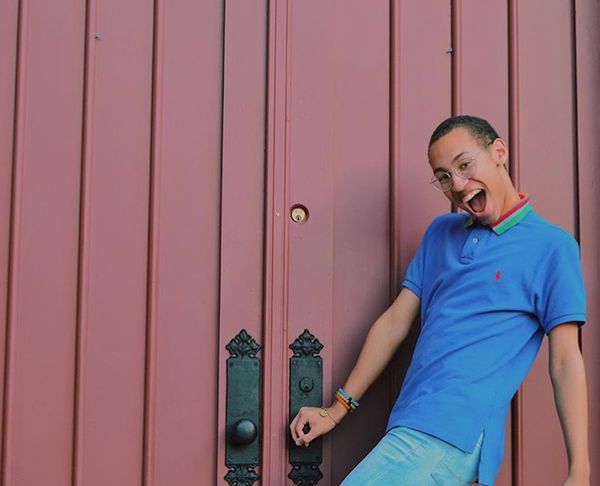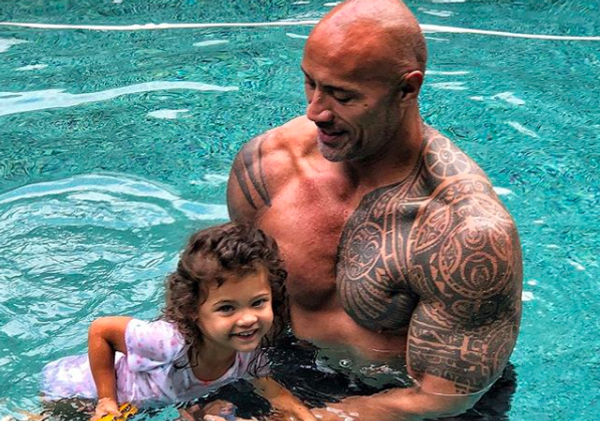Depression is debilitating.
Depression is also very misunderstood.
Depression is the emotional and physical paralysis you feel as your peers begrudgingly say, “What can I do to cheer you up?”
The answer to that is, and forever will be, “absolutely nothing.”
…Although there are steps you can take to help manage your depression.
Since my most-recent hospitalization and diagnoses of Post-Traumatic Stress Disorder, Major Depressive Disorder (Severe, Recurrent) with Chronic Suicide Ideation, and Generalized Anxiety Disorder, I have come to the realization that a vast majority of people have trouble understanding depression. I have also discovered how difficult balancing college life and mental health can be; however, IT’S POSSIBLE!!!!
I personally am still in the process of figuring out my own limits and how to balance schoolwork and my health, but I have a few tips for those who are struggling with depression and anxiety in a college-setting.
1.Utilize your resources
There are so many people on campus who will advocate for you. You just have to reach out to them first and ask for help. All colleges want to see their students succeed and will do nearly anything to ensure their success. Getting help can be as simple as walking into the student counseling center, Disability Services office, your RA’s room, or your adviser’s office and saying, “I need help. I’m struggling.” From there, they can immediately counsel you (or refer you to professional counseling) in any way you need it. You don’t need an invitation.
2. Find Supportive friends and let go of the toxic ones
Although professional counseling is very helpful, it’s not healthy to keep your thoughts and emotions bottled up until your next counseling appointment. Finding positive, supportive friends may seem hard, but they’re easier to find once you’ve committed to severing the toxic relationships in your life. Before my hospitalization, I was sharing a dorm with a person who partied every weekend, had no boundaries, didn’t respect my personal space, and paid little attention to the fact that I was severely depressed to the point where I didn’t leave my bed for two weeks. After moving into a single room (no extra cost, due to my PTSD diagnosis), ending all toxic/negative relationships, and connecting with sober, goal-oriented people from class, my mood and productivity has increased dramatically and my panic attacks have become less-frequent.
Just remember that your real friends are the ones who actually want to help you, not ones who see your diagnoses as a burden.
3. Don’t self-medicate
Substance abuse and depression go hand-in-hand and it can get ugly. I use to abuse prescription medication and binge-drink three times a week just to numb the suicidal thoughts I was having. I did this from age 16 up until 36 days ago. If your thoughts are causing you to want to self-medicate, tell someone immediately and let them know what’s bothering you. Drugs and alcohol will only cause more issues if you’re not taking a proactive stance. If you think you are becoming dependent on alcohol or other substances, tell your counselor and seek chemical dependency treatment. They will further help you to process the emotions related to your addiction. Also, work with your therapist to discover which healthy coping mechanisms work for you.
4. Make regular appointments with your physician and therapist
If you’re on medication, keep taking it as prescribed and see your physician regularly for medication management. If you’re taking the medication as prescribed and you’re still not feeling any difference after 4-6 weeks, let your physician know. Also, make (and keep) weekly appointments for counseling. Don’t let yourself go too long without seeing a counselor.
5. If you have active suicidal thoughts, tell someone immediately
I have had Chronic Suicide Ideation since I was 8 years-old and it is something I struggle with daily. I’ve attempted suicide at ages 13, 14, and twice since turning 19. Each time, my recurring feelings of loneliness and self-hatred had become so unbearable that I felt as if the world would be better off without me. Two weeks ago, I attempted to sever the radial artery in my wrist. After 30 minutes of trying, I realized that it was not working for a reason. I then called my best friend, Melissa. She came over right away and cried as she saw what I had done to myself, told me she loved me over and over again, and begged me to go to the hospital. She ended up staying in the ER with me until I was discharged at 3 am, despite having a 9 am class later that morning. I never realized how much people really do love and care about me until that night. My advice for people thinking about ending their life is to realize that you really do have so many people who really do care about you and that you’re not a burden. Be honest with them. They’ll get you the help you need and emotionally-support you every step of the way.
Just remember that you are loved.





















